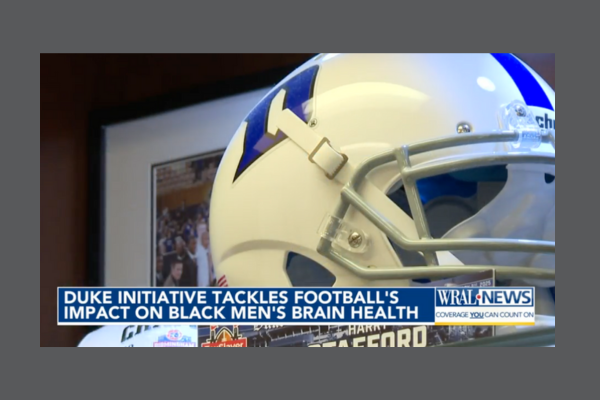
As Super Bowl LIX approaches, Duke University is spearheading efforts to address the long-term brain health risks of football, particularly for Black athletes. Dr. Harry Stafford, MD, CSCS, MBA, clinical instructor of Family Medicine; associate director, Duke Sports Science Institute; director, Sports Performance, leads the Sports Performance Initiative, which aims to educate younger athletes about concussion prevention and proper nutrition. The initiative focuses on Black males, who are at a higher risk for developing dementia and Alzheimer’s. Alongside Stafford, sociologist Dr. Robert W. Turner, PhD, instructor in the Department of Population Health Sciences, examines the broader impact of mental health and stigma in sports. Their work has garnered support from the NFL Alumni Association and culminates in the annual Black Men’s Brain Health Conference, held in partnership with the Alzheimer’s Association.
Dr. Stafford shared that the goal is to reach athletes at younger ages to educate them on the signs and symptoms of concussions and other brain injuries, along with teaching them about proper nutrition.
“Head injuries are important, but there’s a lot we don’t know about what happens when it starts, and what’s the tipping point that’s going to cause an issue for them throughout their life,” he said. “Preventing the injury is the place we want to be."
Stafford shares the initiative, which targets players in local school systems throughout Durham, Orange, and Wake counties, to educate both the players and their families.